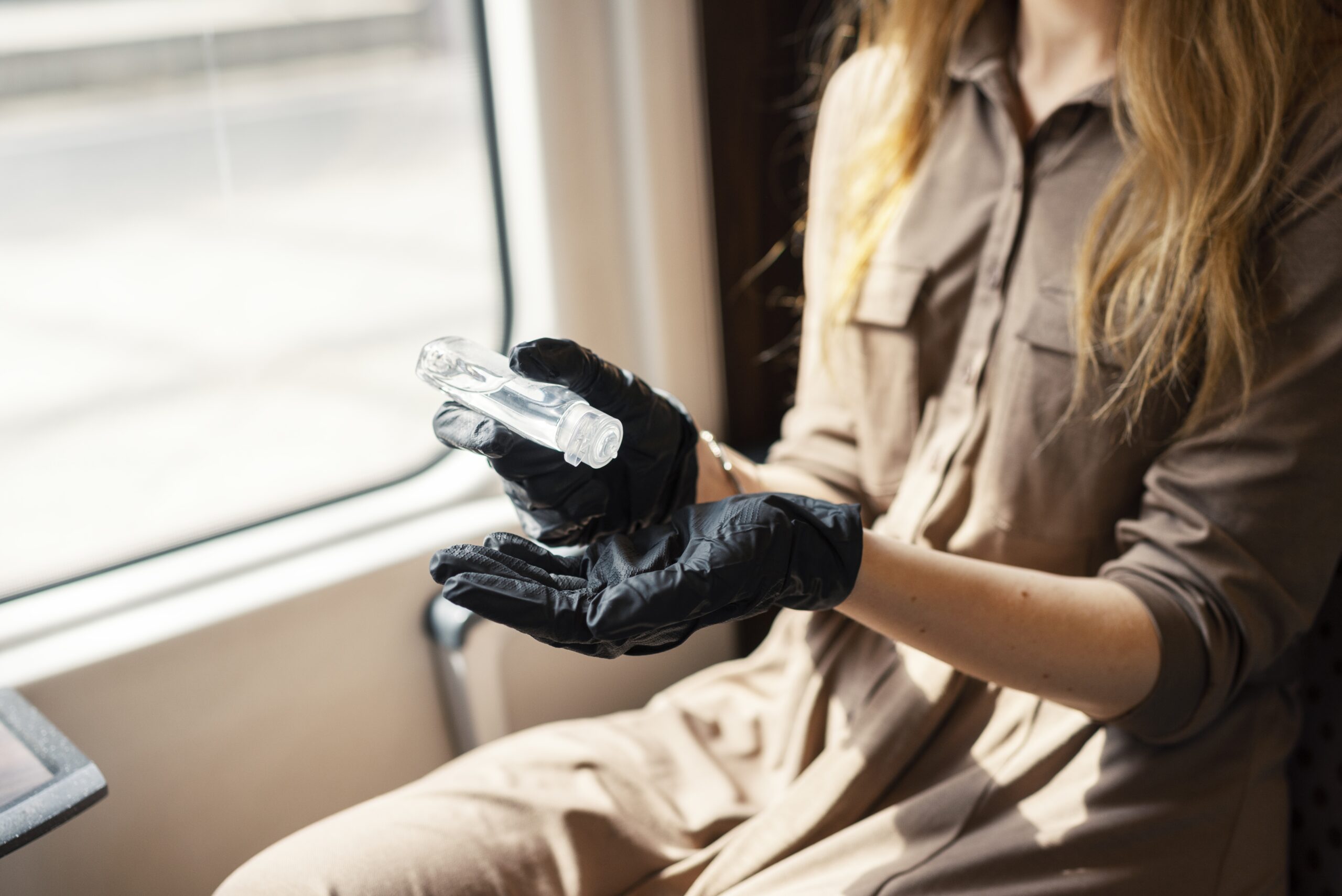Entering a heroin detox can feel overwhelming, but you don’t have to face withdrawal alone. If you’re preparing for heroin detox, you may be worried about intense symptoms, fentanyl contamination, and the risk of relapse. With professional supervision, evidence-based medications, and tailored treatment programs, you can navigate detox safely and lay the foundation for lasting recovery.
Understand the detox process
what happens during detox
Detoxification, or the initial clearing of heroin and related opioids from your system, typically begins within hours of your last dose. Under clinical care, medical staff monitor vital signs, manage discomfort, and address complications as they arise. This supervised environment helps prevent dangerous dehydration, severe electrolyte imbalances, and other health risks tied to unsupervised withdrawal.
withdrawal symptoms explained
As opioid receptors in your brain adapt to the absence of heroin, you may experience a range of physical and psychological symptoms. Common signs include:
- Muscle aches and cramps
- Goosebumps and chills
- Nausea, vomiting, and diarrhea
- Anxiety, irritability, and insomnia
- Increased heart rate and sweating
Left untreated, these symptoms can escalate in severity, undermining your ability to stay safe and comfortable. A medically supervised setting ensures prompt relief through medications and hydration support.
fentanyl contamination risk
The heroin supply is often adulterated with fentanyl, a synthetic opioid up to 50 times more potent than heroin. Even a small amount can trigger life-threatening respiratory depression. Testing strips and supervised care reduce the chance of accidental overdose. If fentanyl exposure is a concern, explore a specialized fentanyl detox program that prioritizes rapid response and naloxone availability.
Prioritize medical supervision
role of clinical staff
Qualified nurses and physicians guide you through every stage of withdrawal. They assess your health status, adjust medication doses, and provide emotional support. This collaborative approach strengthens your safety, builds trust, and creates a truly supportive environment for change.
medication assisted treatment
Combining medications with counseling accelerates relief from withdrawal and eases cravings. Despite the proven benefits, in 2021 only 22% of people aged 12 or older with an opioid use disorder received medication treatment in the past year [1]. Below is an overview of the most common options:
| Medication | Type | Key benefit |
|---|---|---|
| Methadone | Full opioid agonist | Stabilizes brain chemistry, reduces cravings |
| Buprenorphine | Partial opioid agonist | Leaves receptor partly activated, lowering risk of misuse |
| Naltrexone | Opioid antagonist | Blocks euphoric effects, supports long-term abstinence |
methadone therapy
As a schedule II controlled medication, methadone is dispensed daily under supervision. It reduces withdrawal severity and blunts heroin’s rewarding effects, helping you focus on recovery.
buprenorphine options
Buprenorphine, including Suboxone, can be prescribed in physician offices, expanding access to care [2]. Whether you enter a buprenorphine detox program or a combined suboxone detox program, this approach supports a smoother transition into therapy.
naltrexone benefits
Extended-release naltrexone injections block opioid receptors for up to a month, dramatically lowering overdose risk. Because it is non-addictive, you can use it safely long term.
low barrier care models
Low barrier programs reduce restrictions, such as strict abstinence requirements or frequent urine tests, to improve engagement. By tailoring treatment to your circumstances—cultural background, housing status, or co-occurring mental health needs—you gain access to compassionate care without undue hurdles.
Get Help. Get Better. Get Your Life Back.
Searching for Accredited Drug & Alcohol Rehab Centers Near You? Or Mental Health Support?
Even if you have failed previously, relapsed, or are in a difficult crisis, we stand ready to support you. Our trusted behavioral health specialists will not give up on you. Call us when you feel ready or want someone to speak to about therapy alternatives to change your life. Even if we cannot assist you, we will lead you wherever you can get support. There is no obligation. Call our hotline today.
FREE Addiction Hotline – Call 24/7Explore detox program options
inpatient vs outpatient
Deciding between 24-hour residential care and outpatient detox depends on your medical history, support system, and tolerance to withdrawal. Inpatient settings offer round-the-clock monitoring, structured meals, and immediate crisis response. Outpatient detox lets you return home each evening but requires a stable environment and reliable transportation.
specialized detox centers
Centers dedicated to opioid and heroin withdrawal bring together medical supervision, peer support, and holistic therapies in one place. By choosing a heroin detox treatment center or opiate detox center that focuses on comprehensive care, you benefit from customized plans targeting your unique challenges.
tailored to your needs
Look for programs that assess your physical health, mental wellness, and social factors. Facilities offering dual-diagnosis treatment can manage co-occurring disorders such as depression or PTSD alongside withdrawal, improving long-term outcomes.
Continue care after detox
evidence based therapies
Medical detox is only the first step. To rebuild your life, you need behavioral therapies validated by research:
- Cognitive behavioral therapy, which reshapes thought patterns and coping strategies
- Contingency management, rewarding drug-free milestones with vouchers or privileges
- Group therapy, fostering camaraderie and accountability
Integrating these modalities in your heroin rehab program ensures you address both addiction and underlying triggers.
relapse prevention planning
An individualized relapse prevention plan helps you recognize high-risk situations and deploy coping tools before cravings intensify. Your plan might include:
- Identifying personal triggers, such as stress or environmental cues
- Developing alternative activities—exercise, art, mindfulness
- Establishing emergency contacts and quick-access naloxone
- Scheduling regular check-ins with counselors or support sponsors
peer support networks
Loneliness can drive relapse. Connecting with peers through 12-step groups, peer recovery coaches, or campus-style living arrangements maintains accountability and reminds you that you’re not alone. Many inpatient facilities transition you into outpatient groups or sober living homes to reinforce those bonds.

Get Your Life Back
Find Hope & Recovery. Get Safe Comfortable Detox, Addiction Rehab & Mental Health Dual Diagnosis High-Quality Care at the We Level Up Treatment Centers Network.
Hotline (877) 378-4154Choose the right center
accreditation and staffing
Verify that your chosen facility is accredited by organizations like the Joint Commission and employs licensed addiction specialists, board-certified physicians, and registered nurses. A multidisciplinary team demonstrates a commitment to comprehensive care.
insurance and coverage
Most private insurance plans and Medicaid cover medically supervised detox and subsequent rehab under the Affordable Care Act. Before admission, confirm benefits for an opiate rehab program or a specialized suboxone addiction rehab. Ask about out-of-pocket costs, length of stay, and aftercare services.
questions to ask
When evaluating centers, consider:
- What is your staff-to-client ratio?
- How do you manage medical emergencies and overdoses?
- What therapies are offered after detox?
- Do you provide family counseling or support services?
Take your first step
Embarking on detox is a courageous decision. You deserve individualized plans, expert guidance, and a supportive environment that empowers you toward lasting recovery. To find a treatment option near you, call 1-800-662-HELP (4357) or use the SAMHSA Treatment Locator. By reaching out today, you open the door to a healthier, more hopeful future.





